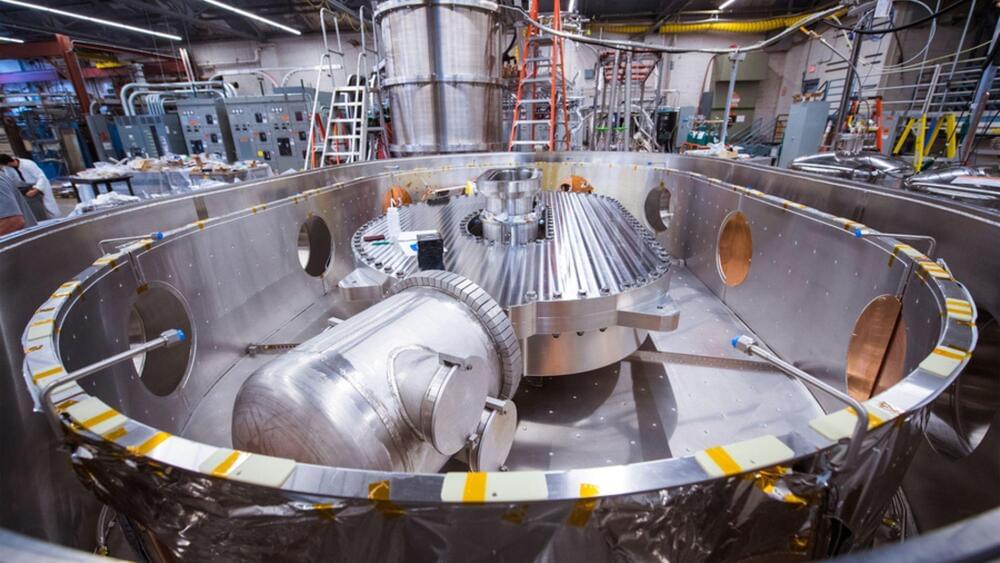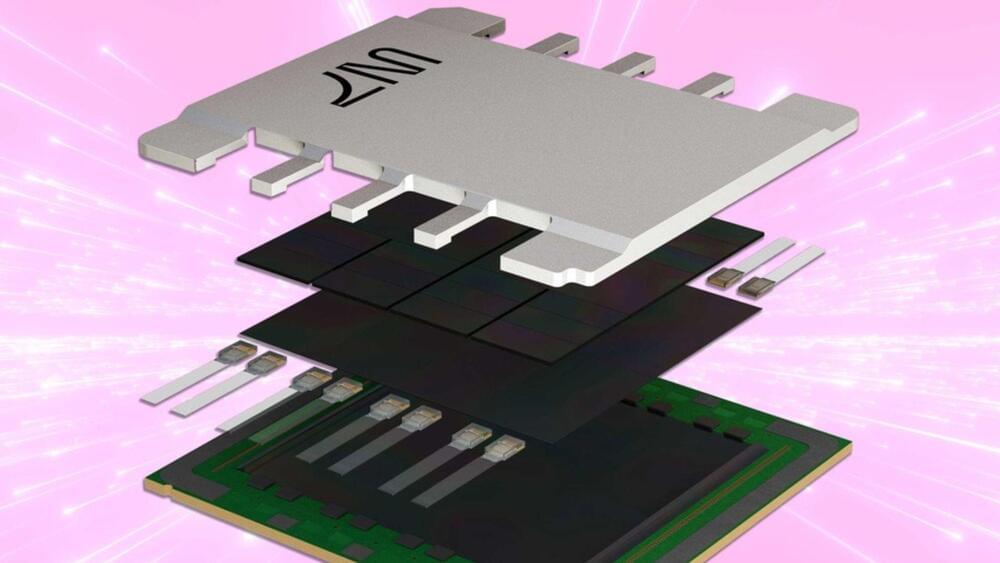Researchers create an electrolyte enabling lithium-ion batteries to work efficiently even in ultra-low temperatures.
Uncover the secrets of tying knots in lasers. Find out how cutting-edge research is revolutionizing the possibilities of laser applications.
Learn about the breakthrough superconducting magnets for fusion reactors developed by MIT researchers. Step into a future of clean energy.
Latest enhancements to the Chinese firm’s first humanoid allow it to sprint at 7.38 mph on level ground. Unitree Robotics’ H1 sets Guinness World Record as fastest full-sized humanoid robot, marking advancements in robotic technology.
Alef Aeronautics has announced that its revolutionary Model A flying car has now received 2,850 pre-orders for a total of $850 million.
Founded by three MIT alumni, Lightmatter aims to revolutionize chip communication and calculation using photonic technologies.
Three weeks after surpassing Google’s parent company Alphabet to become the fourth most valuable company in the world, NVIDIA has now overtaken Saudi Aramco in market value.
This makes the AI chipmaker the third most valuable company in the world and in the United States, trailing only behind Apple Inc. and Microsoft Corp.
At the close of Friday’s trading session, NVIDIA’s market capitalization stood at $2.06 trillion, marking its inaugural venture above the $2 trillion threshold.
Generative AI attracts headlines, but predictive AI delivers greater value. This article covers three ways predictive AI eclipses generative AI.
MIT’s Daniela Rus isn’t worried that robots will take over the world. Instead, she envisions robots and humans teaming up to achieve things that neither could do alone.
We’re still years away from seeing physical quantum computers break into the market with any scale and reliability, but don’t give up on deep tech just yet. The market for high-level quantum computer science — which applies quantum principles to manage complex computations in areas like finance and artificial intelligence — appears to be quickening its pace.
In the latest development, a startup out of San Sebastian, Spain, called Multiverse Computing has raised €25 million (or $27 million) in an equity funding round led by Columbus Venture Partners. The funding values the startup at €100 million ($108 million), and it will be used in two main areas. The startup plans to continue building out its existing business working with startups in verticals like manufacturing and finance, and it wants to forge new efforts to work more closely with AI companies building and operating large language models.
In both cases, the pitch is the same, said CEO Enrique Lizaso Olmos: “optimization.”









